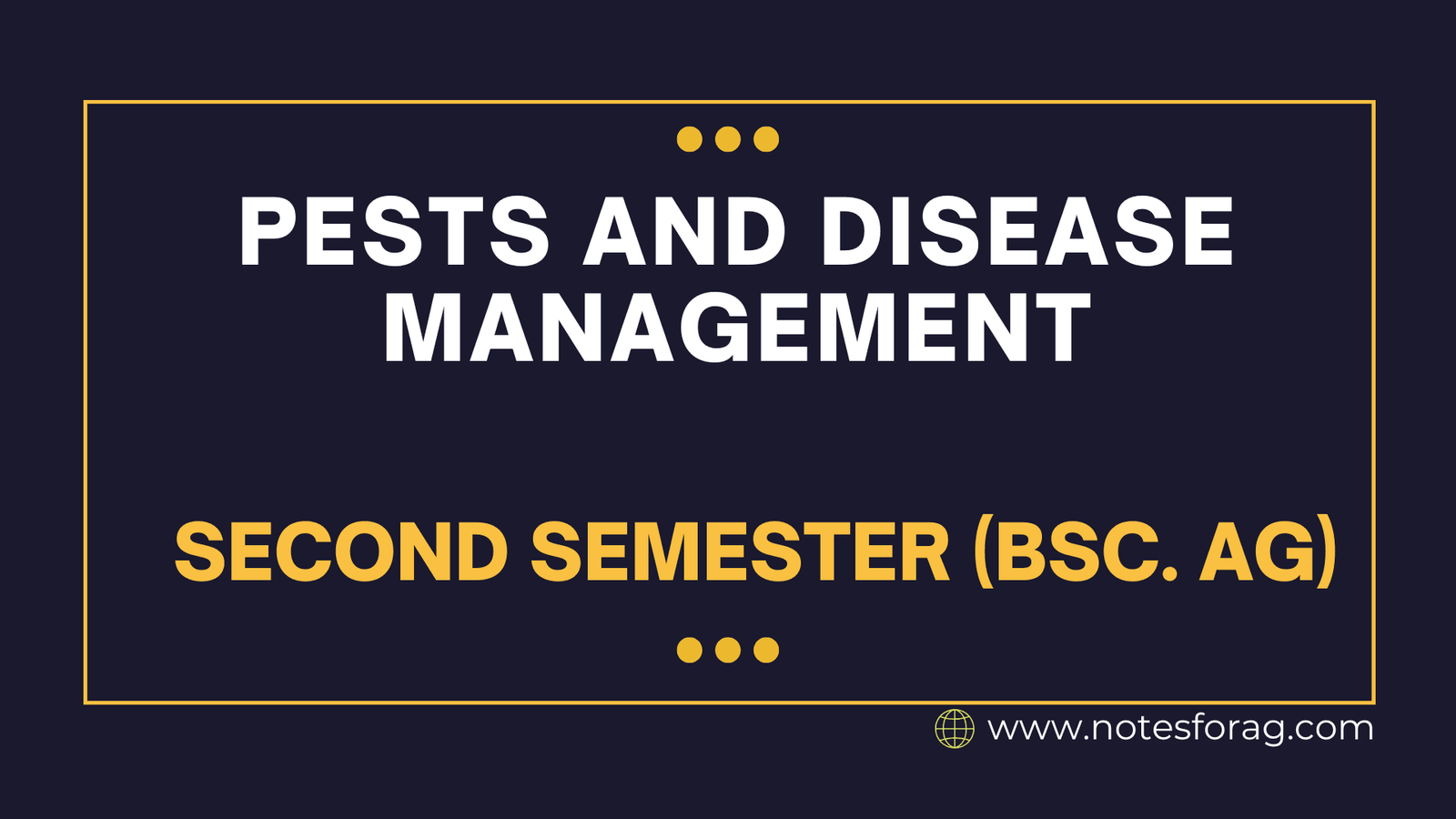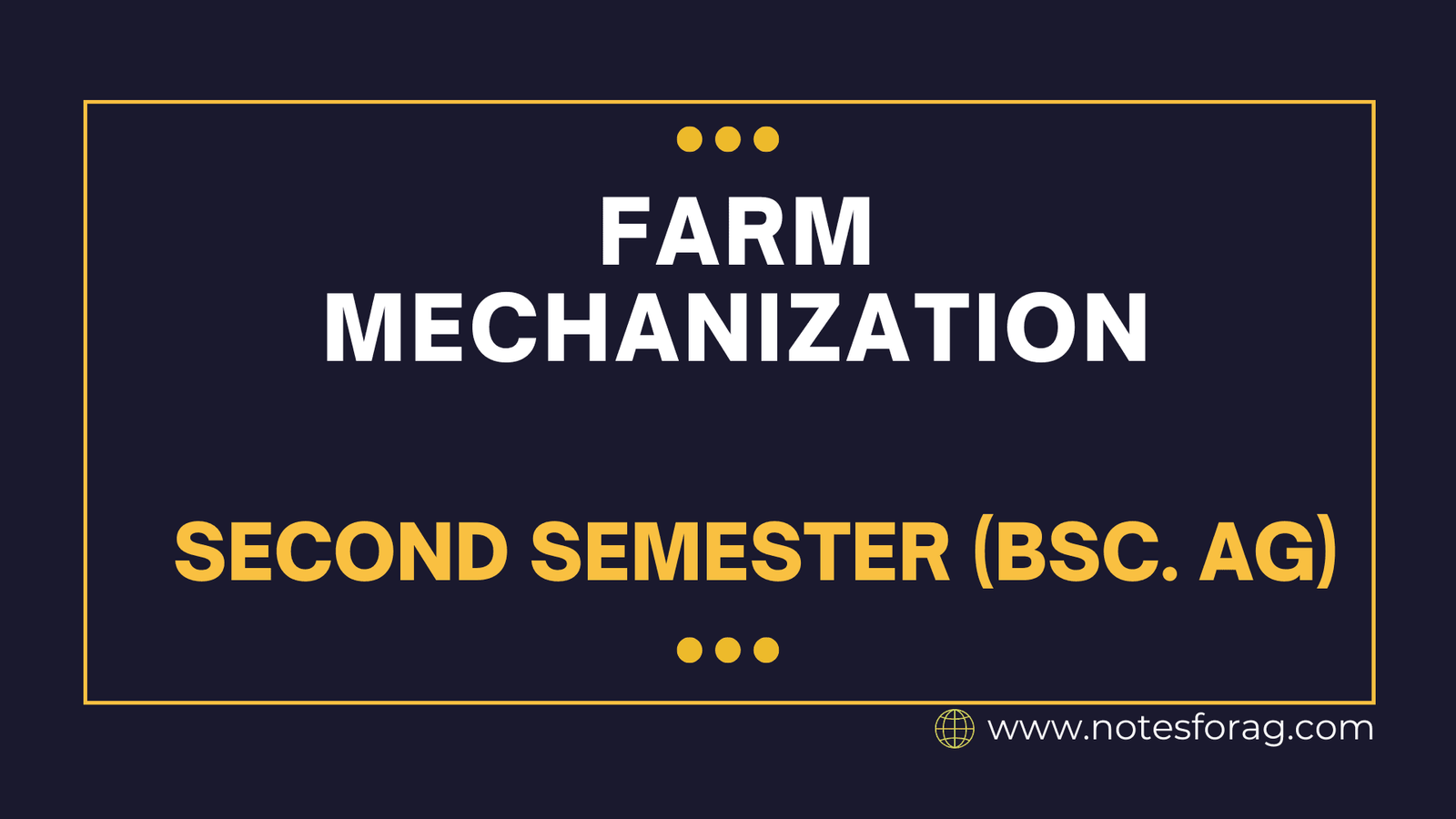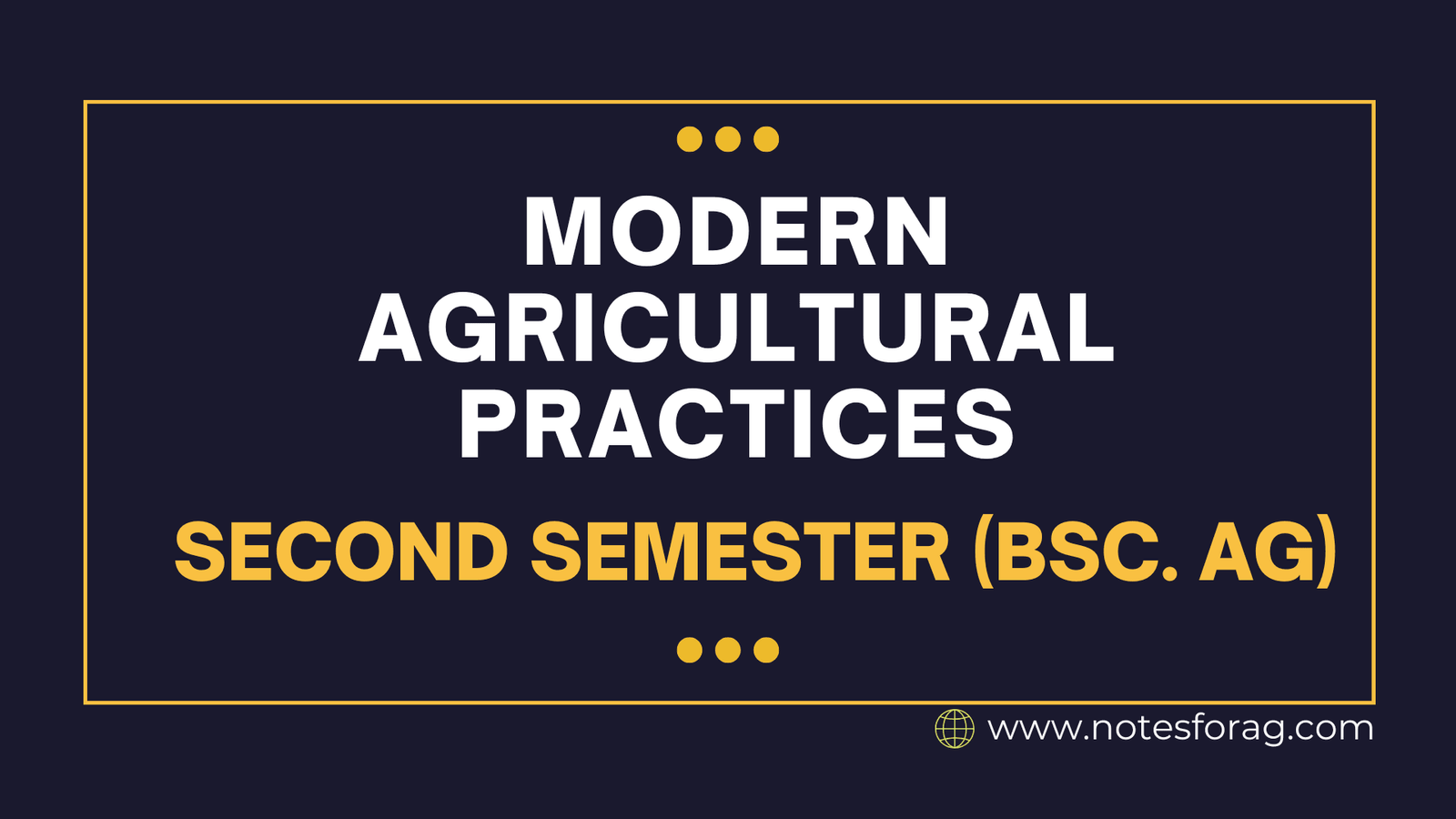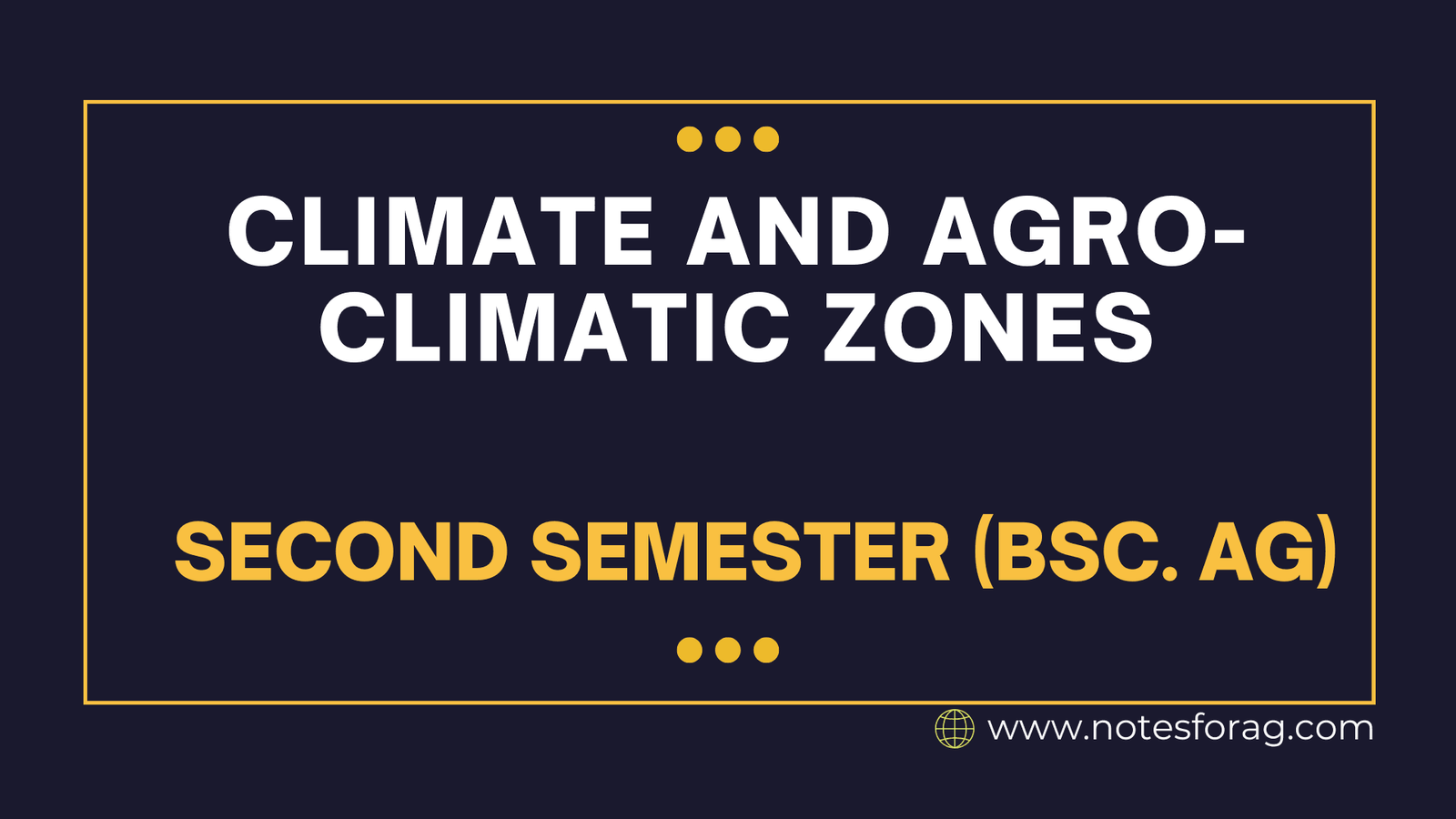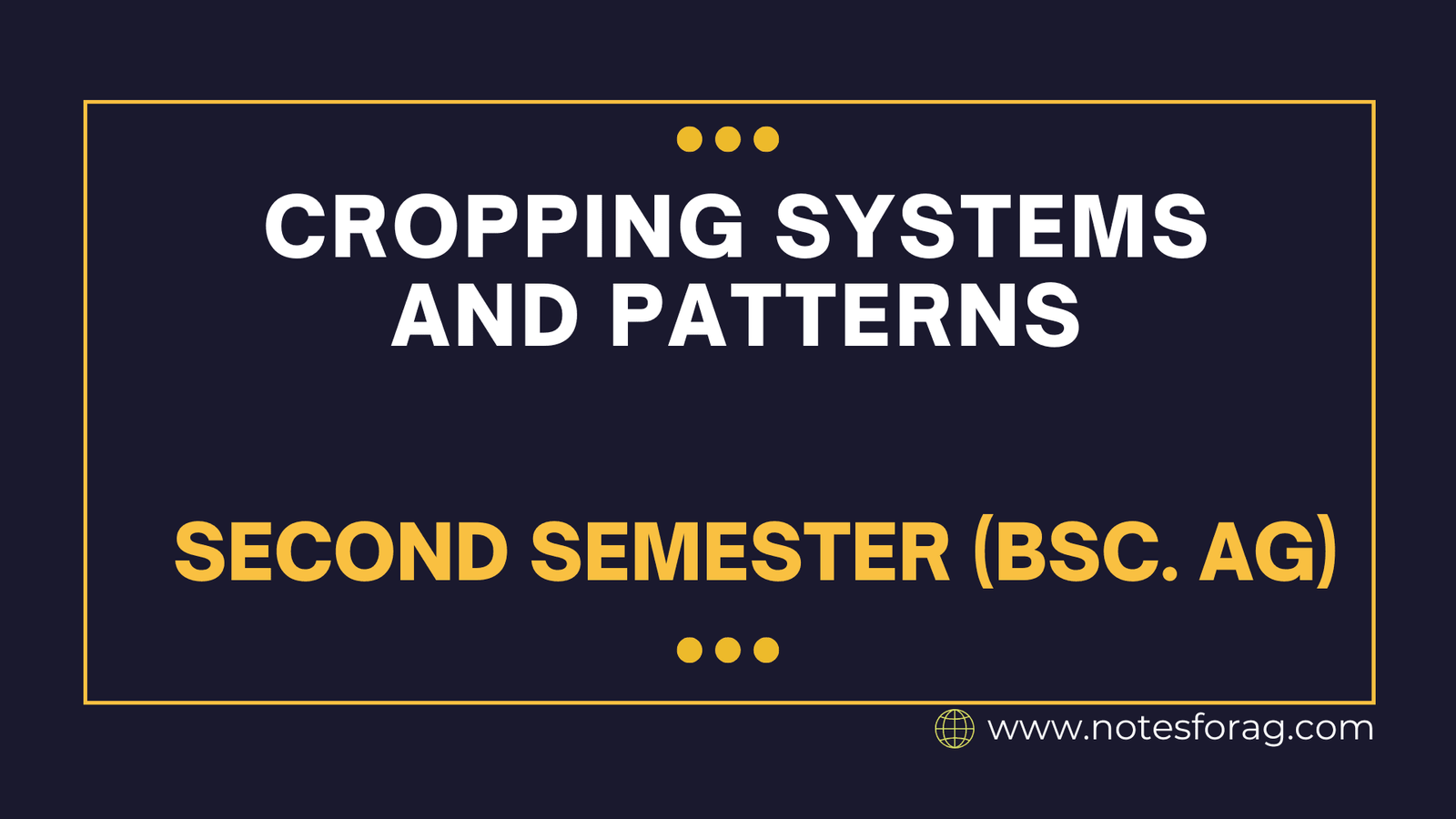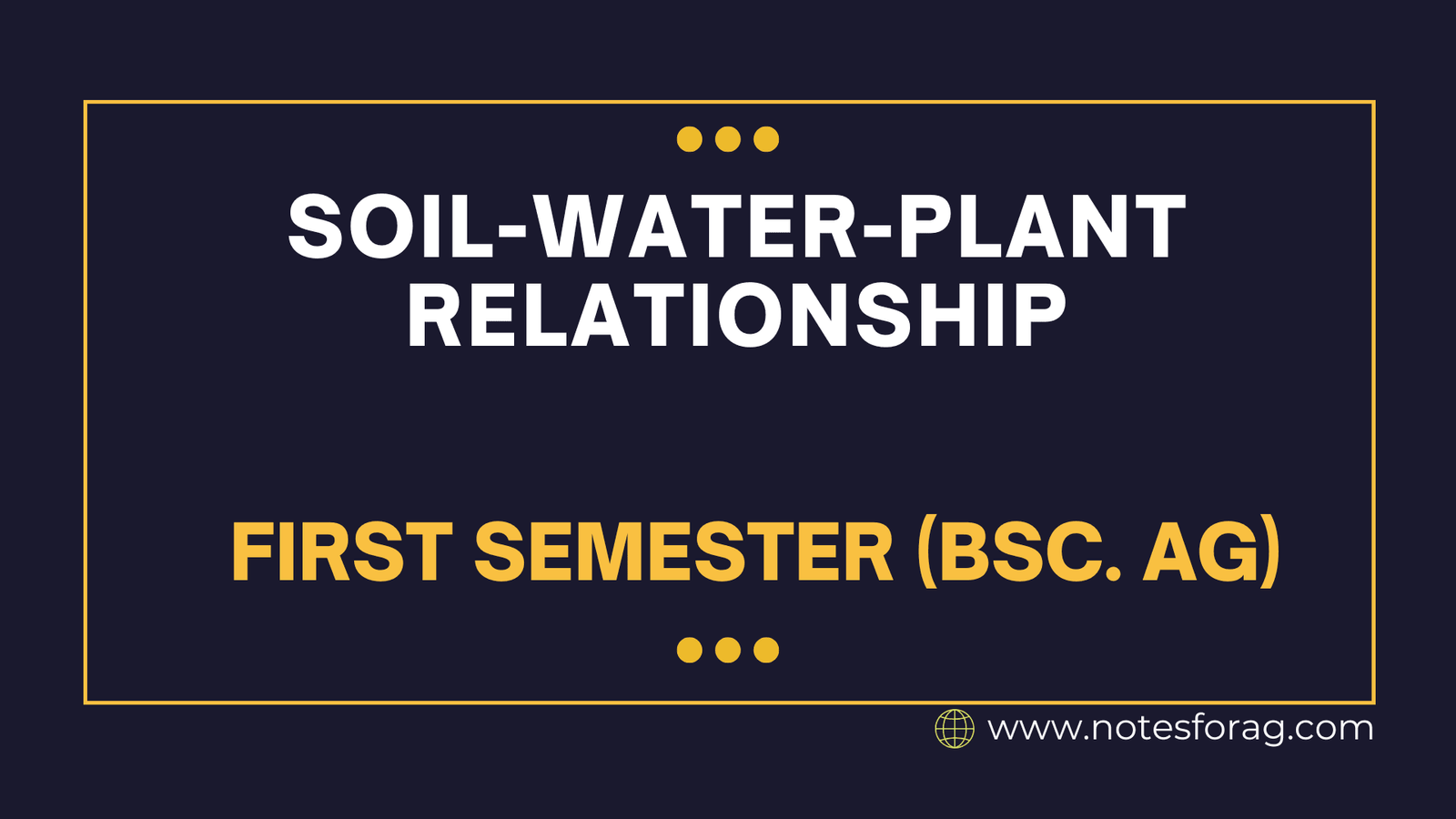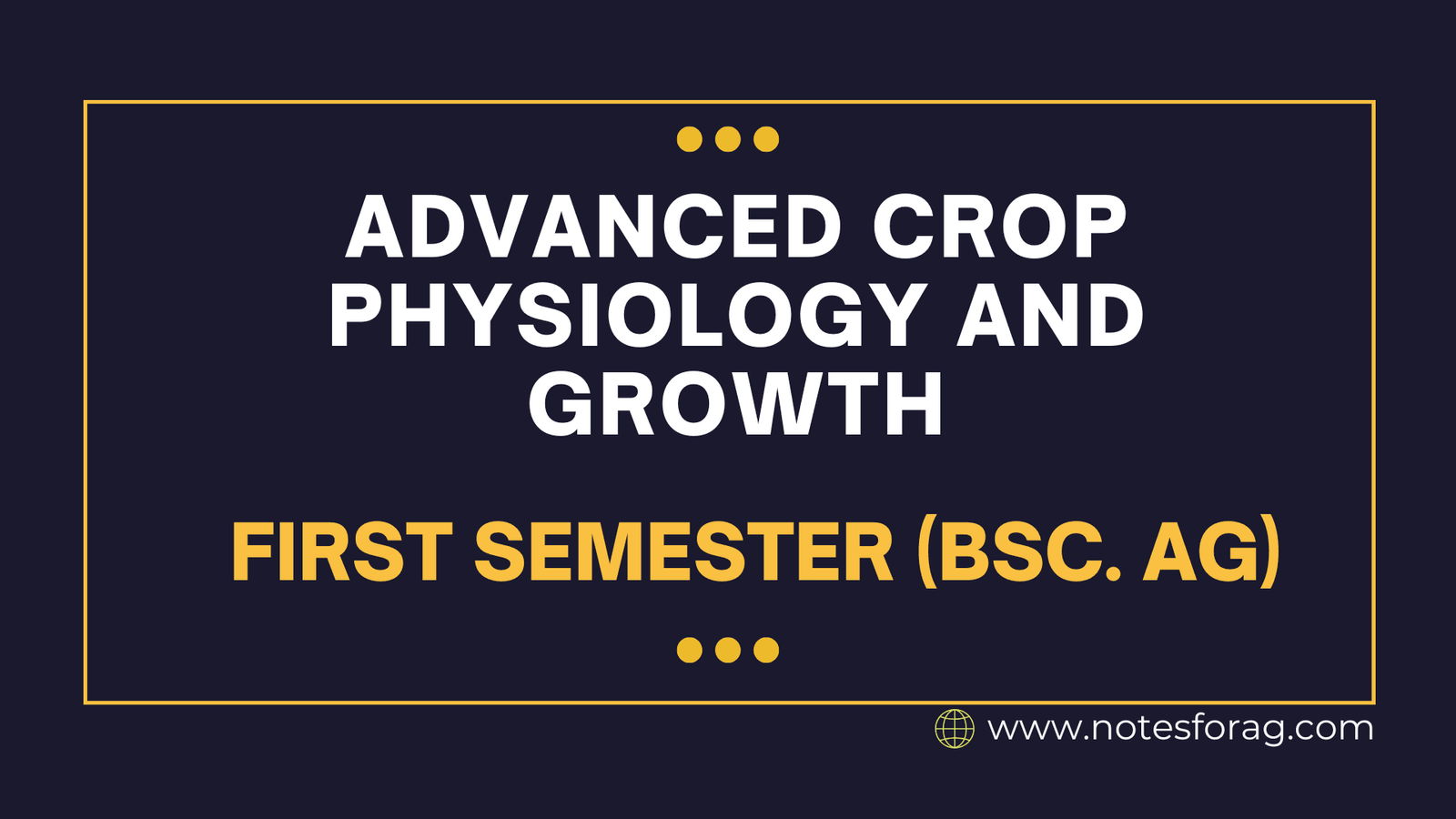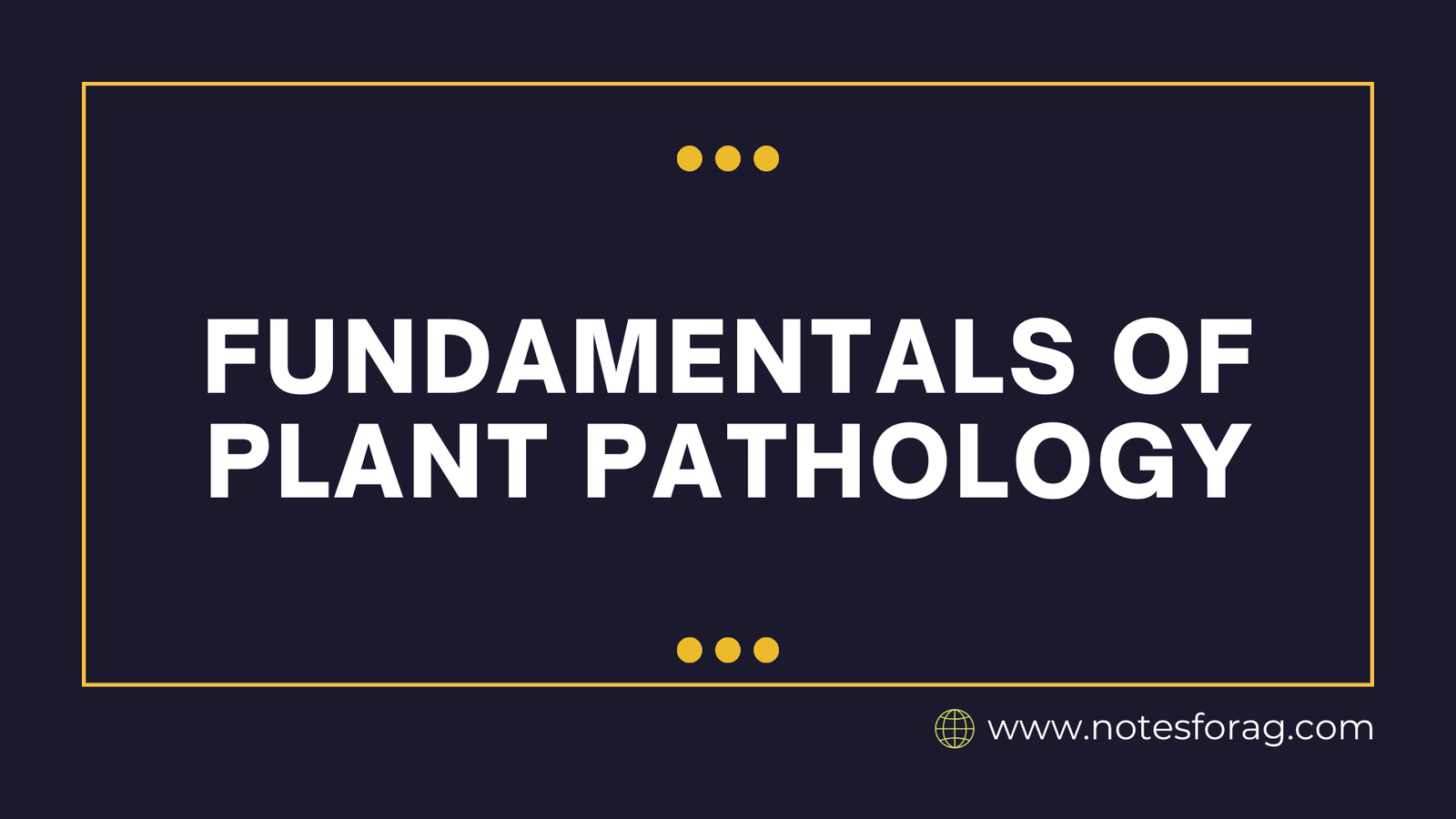Pests and Disease Management
Pests and disease management is the process of identifying, monitoring, and controlling pests (like insects, weeds, and rodents) and plant diseases (caused by fungi, bacteria, viruses, etc.) to minimize their negative impact on crop production. It involves using a combination of cultural, mechanical, biological, and chemical methods to protect crops, ensuring healthy growth and sustainable … Read more

